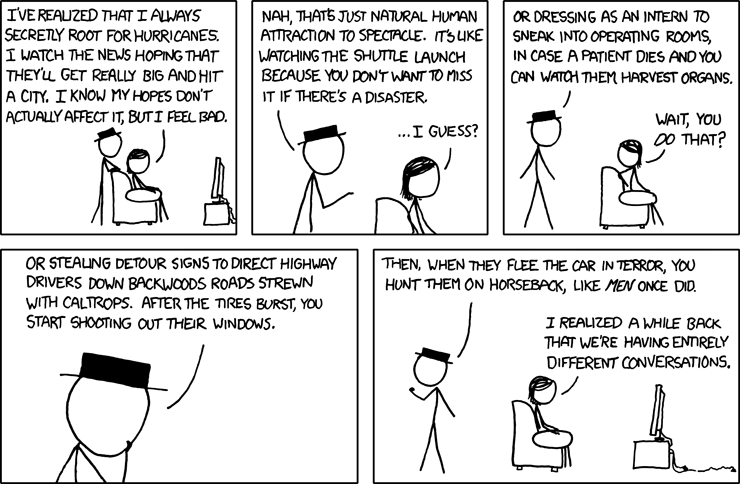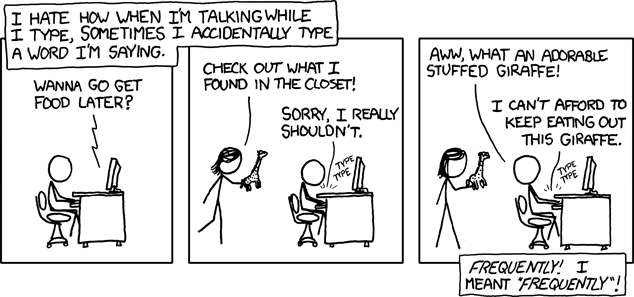An editorial by Miranda Robertson in the latest Journal of Biology, "Of primordial genomes and cooperative kittens", discusses the problems that horizontal gene transfers pose for phylogenetic analysis of bacterial genomes:
The extraction of tree structures from the web of gene transfers requires that transferred genes be subtracted by some means from the database of genes used to construct the trees. […]
Whether because of horizontal gene transfer or the compression of branching events early in the evolution of prokaryotes, the lines of vertical descent […] defy resolution, at least for now and perhaps for ever. There is a character in the comic opera The Mikado, by WS Gilbert and Arthur Sullivan, who claims: 'I can trace my ancestry to a protoplasmal primordial atomic globule. Consequently my family pride is something inconceivable.' Inconceivable and probably misplaced, it would seem. The character is named, more appropriately even than Gilbert could have imagined, Pooh-Bah.
Read the rest of this entry »



